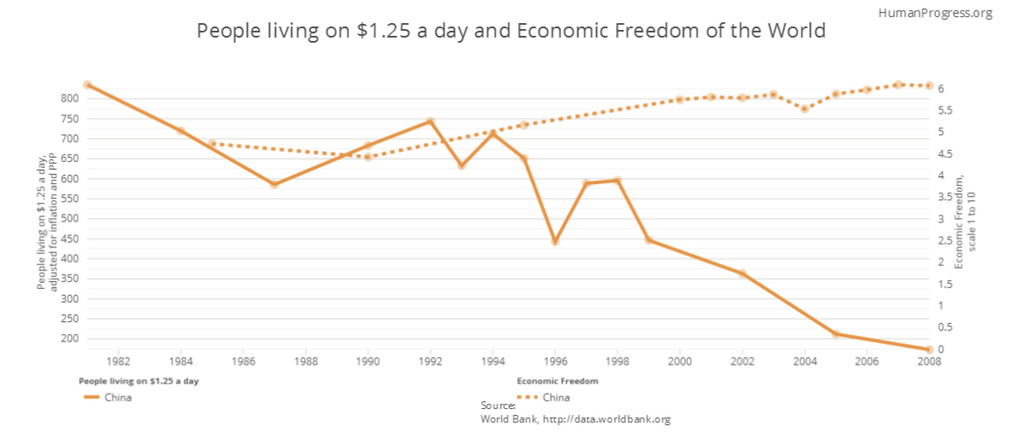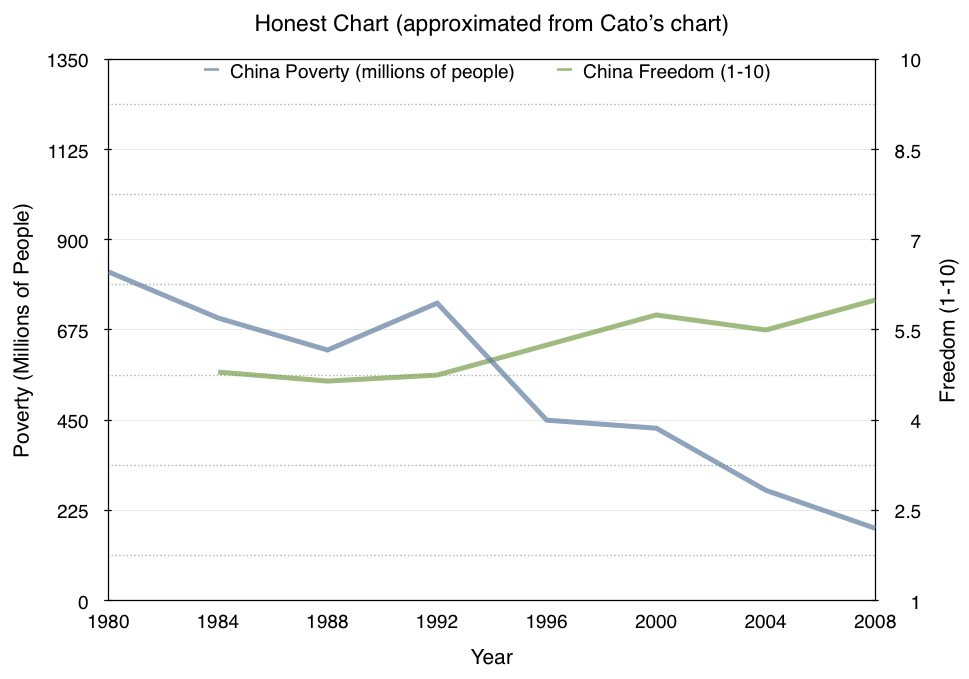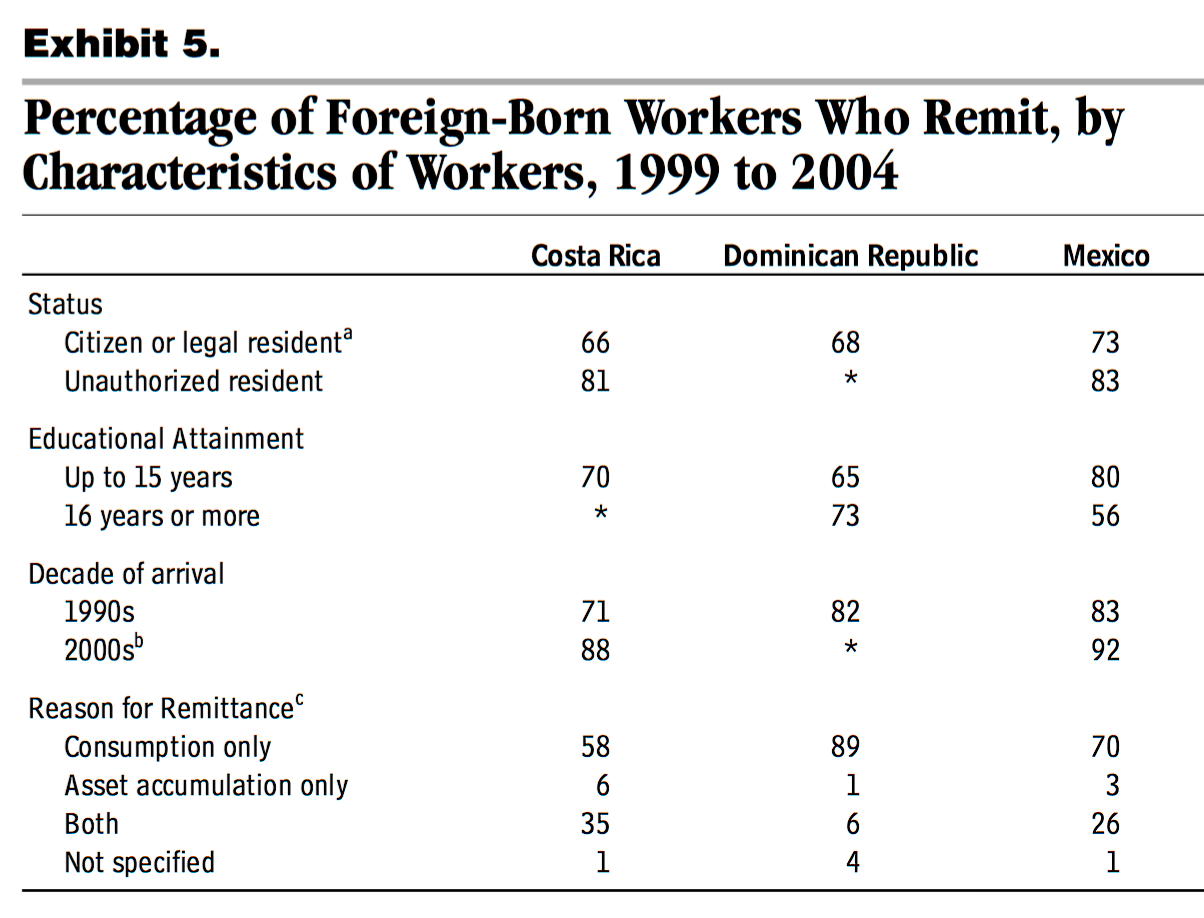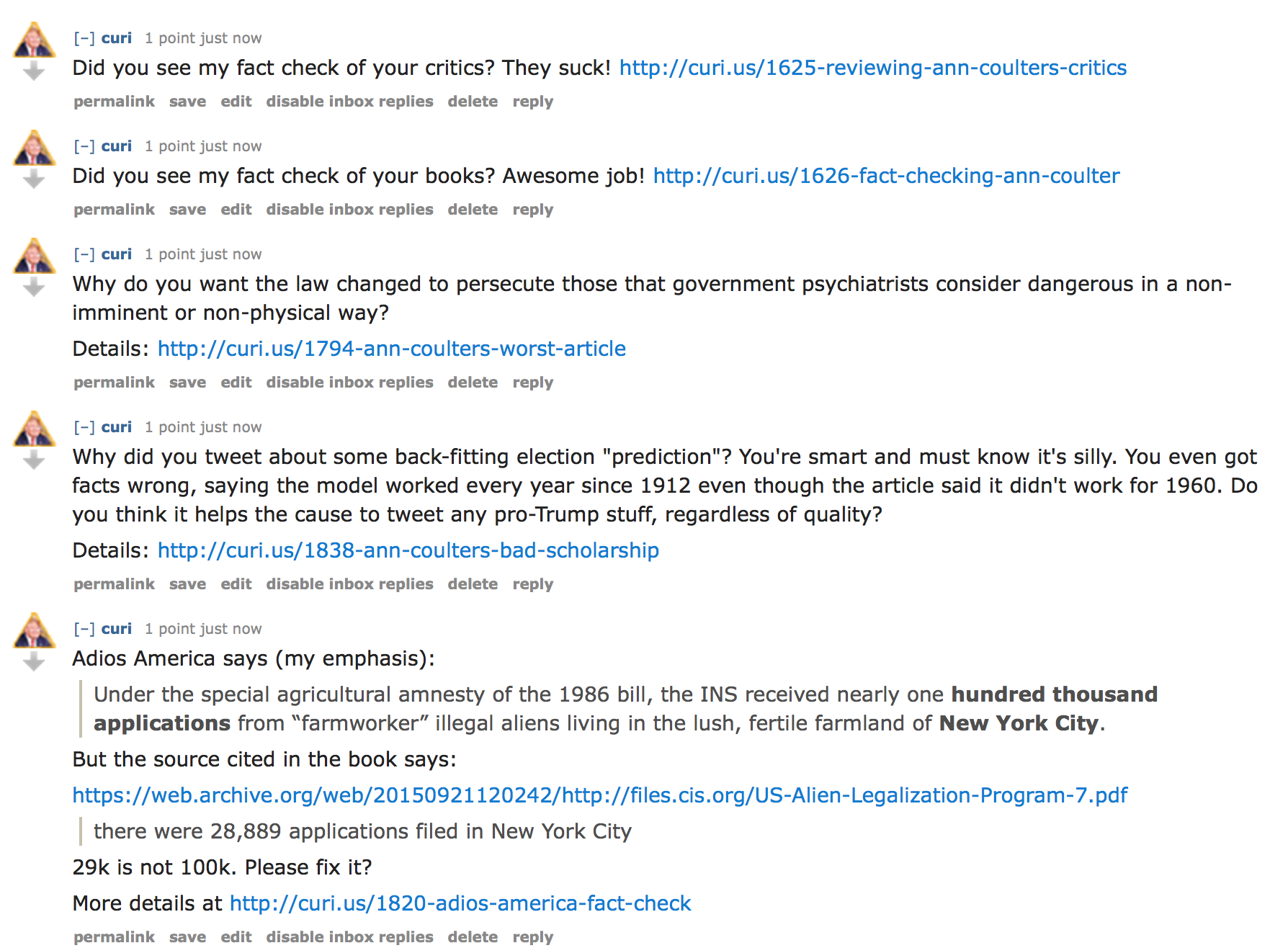Our society gives people (especially adults) freedom to control many aspects of their lives. People choose what name to go by, what words to say, what to do with their money, what gender to be called, what clothes to wear, and much more.
It violates people’s personal autonomy to try to control these things without their consent. It’s not your place to choose e.g. what to spend someone else’s money on, what clothes they should wear, or what their name is. It’d be extremely rude to call me “Joan” instead of “Elliot”.
Effective Altruism (EA) has written norms related to this:
Misgendering deliberately and/or deadnaming gratuitously is not ok, although mistakes are expected and fine (please accept corrections, though).
I think this norm is good. I think the same norm should be applied to misquoting for the same reasons. It currently isn’t (context).
Article summary: Misquoting is different than sloppiness or imprecision in general. Misquoting puts words in someone else’s mouth without their consent. It takes away their choice of what words to say or not say, just like deadnaming takes away their choice of what name to use.
I’d also suggest applying the deadnaming norm to other forms of misnaming besides deadnaming, though I don’t know if those ever actually come up at EA, whereas misquoting happens regularly. I won’t include examples of misquotes for two reasons. First, I don’t want to name and shame individuals (especially when it’s a widespread problem and it could easily have been some other individuals instead). Second, I don’t want people to respond by trying to debate the degree of importance or inaccuracy of particular misquotes. That would miss the point about people’s right to control their own speech. It’s not your place to speak for other people, without their consent, even a little bit, even in unimportant ways.
I’ll clarify how I think the norm for deadnaming works, which will simultaneously clarify what I think about misquoting. There are some nuances to it. Then I’ll discuss misquoting more and discuss costs and benefits.
Accidents
Accidental deadnaming is OK but non-accidental deadnaming isn’t. If you deadname someone once, and you’re corrected, you should fix it and you shouldn’t do it again. Accidentally deadnaming someone many times is implausible or unreasonable; reasonable people who want to stop having those accidents can stop.
While “mistakes are expected and fine”, EA’s norm is that deadnaming on purpose is not fine nor expected. Misquotes, like deadnaming, come in accidental and non-accidental categories, and the non-accidental ones shouldn’t be fine.
How can we (charitably) judge what is an accident?
A sign that deadnaming wasn’t accidental is when someone defends, legitimizes or excuses it. If they say, “Sorry, my mistake.” it was probably a genuine accident. If they instead say “Deadnaming is not that bad.” or “It’s not a big deal.” or “Why do you care so much?”, or “I’m just using the name on your birth certificate.” then their deadnaming was partly due to their attitude rather than by accident. That violates EA norms.
When people resist a correction, or deny the importance of getting it right, then their mistake wasn’t just an accident.
For political reasons, some people resist using other people’s preferred name or pronouns. There’s a current political controversy about it. This makes deadnaming more common than it would otherwise be. Any deadnaming that occurs in part due to political attitudes is not fully accidental. Similarly, there is a current intellectual controversy about whether misquoting is a big deal or whether, instead, complaining about it is annoyingly pedantic and unproductive. This controversy increases the frequency of misquotes.
However, that controversy about misquotes and precision is separate from the issue of people’s right to control their own speech and choose what words to say or not say. Regardless of the outcome of the precision vs. sloppiness debate in general, misquotes are a special case because they non-consensually violate other people’s control over their own speech. It’s a non sequitur to go from thinking that lower effort, less careful writing is good to the conclusion that it’s OK to say that John said words that he did not say or choose.
People who deadname frequently claim it’s accidental when there are strong signs it isn’t accidental, such as resisting correction, making political comments that reveal their agenda, or being unapologetic. If they do that repeatedly, I don’t think EA would put up with it. Misquoting could be treated the same way.
Legitimacy
Sometimes people call me “Elliott” and I usually say nothing about the misspelling. I interpret it as an accident because it doesn’t fit any agenda. I don’t know why they’d do it on purpose. If I expected them to use my name many times in the future, or they were using it in a place that many people would read it, then I’d probably correct them. If I corrected them, they would say “oops sorry” or something like that; as long as they didn’t feel attacked or judged, and they don’t have a guilty conscience, then they wouldn’t resist the correction.
My internet handle is “curi”. Sometimes people call me “Curi”. When we’re having a conversation and they’re using my name repeatedly, I may ask them to use “curi”. A few people have resisted this. Why? Besides feeling hostility towards a debate opponent, I think some were unfamiliar with internet culture, so they don’t regard name capitalization as a valid, legitimate choice. They believe names should be formatted in a standard way. They think I’m in the wrong by wanting to have a name that starts with a lowercase letter. They think, by asking them to start a name with a lowercase letter, I’m the one trying to control them in a weird, inappropriate way.
People resist corrections when they think they’re in the right in some way. In that case, the mistake isn’t accidental. Their belief that it’s good in some way is a causal factor in it happening. If it was just an accident, they wouldn’t resist fixing the mistake. Instead, there is a disagreement; they like something about the alleged mistake. On the EA forum, you’re not allowed to disagree that deadnaming is bad and also act on that disagreement by being resistant to the forum norms. You’re required to go along with and respect the norms. You can get a warning or ban for persistent deadnaming.
People’s belief that they’re in the right usually comes from some kind of social-cultural legitimacy, rather than being their own personal opinion. Deadnaming and misgendering are legitimized by right wing politics and by some traditional views. Capitalizing the first letter of a name, and lowercasing the rest, is a standard English convention/tradition which some internet subcultures decided to violate, perhaps due to their focus on written over spoken communication. I think misquoting is legitimized primarily by anti-pedantry or anti-over-precision ideas (which is actually a nuanced debate where I think both standard sides are wrong). But viewpoints on precision aren’t actually relevant to whether it’s acceptable or violating to put unchosen words in someone else’s mouth. Also, each person has a right to decide how precise to be in their own speech. When you quote, it’s important to understand that that isn’t your speech; you’re using someone else’s speech in a limited way, and it isn’t yours to control.
When someone asks you not to deadname, you may feel that they’re asking you to go against your political beliefs, and therefore want to resist what feels like politicized control over your speech, which asks you to use your own speech contrary to your values. However, a small subset of speech is more about other people than yourself, so others need to have significant control over it. That subset includes names, pronouns and quotes. When asked not to misquote, instead of feeling like your views on precision are being challenged, you should instead recognize that you’re simply being asked to respect other people’s right to choose what words to say or not say. It’s primarily about them, not you. And it’s primarily about their control over their own life and speech, not about how much precision is good or how precisely you should speak.
Control over names and pronouns does have to be within reason. You can’t choose “my master who I worship” as a name or pronoun and demand that others say it. I’m not aware of anyone ever seriously wanting to do that. I don’t think it’s a real problem or what the controversy is actually about (even though it’s a current political talking point).
Our culture has conflicting norms, but it does have a very clear, well known norm in favor of exact quotes. That’s taught in schools and written down in policies at some universities and newspapers. We lack similarly clear or strong norms for many other issues related to precision. Why? Because the norm against misquoting isn’t primarily about precision. Misquoting is treated differently than other issues related to precision because it’s not your place to choose someone else’s words any more than it’s your place to choose their name or gender.
Misquotes Due to Bias
Misquotes usually aren’t random errors.
Sometimes people make a typo. That’s an accident. Typos can be viewed as basically random errors. I bet there are actually patterns regarding which letters or letter combinations get more typos. And people could work to make fewer typos. But there’s no biased agenda there, so in general it’s not a problem.
Most quotes can be done with copy/paste, so typos can be avoided. If someone has a general policy of typing in quotes and keeps making typos within quotes, they should switch to using copy/paste. At my forum, I preemptively ask everyone to use software tools like copy/paste when possible to avoid misquotes. I don’t wait and ask them to switch to less error-prone quoting methods after they make some errors. That’s because, as with deadnaming, those errors mistreat other people, so I’d rather they didn’t happen in the first place.
Except for typos and genuine accidents, misquotes are usually changed in some way that benefits or favors the misquoter, not in random ways.
People often misquote because they want to edit things in their favor, even in very subtle ways. Tiny changes can make a quote seem more or less formal or tweak the connotations. People often edit quotes to remove some ambiguity, so it reads as an author more clearly saying something than he did.
Sometimes people want their writing to look good with no errors, so they want to change anything in a quote that they regard as an error, like a comma or lack of comma. Instead of respecting the quote as someone else’s words – their errors are theirs to make (or to disagree are errors) – they want to control it because they’re using it within their own writing, so they want to make it conform to their own writing standards. People should understand that when they quote, they are giving someone else a space within their writing, so they are giving up some control.
People also misquote because they don’t respect the concept of accurate quotations. These misquotes can be careless with no other agenda or bias – they aren’t specifically edited to e.g. help one side of a debate. However, random changes to the wordings your debate partners use tend to be bad for them. Random changes tend to make their wordings less precise rather than more precise. As we know from evolution, random changes are more likely to make something less adapted to a purpose rather than more adapted.
If you deadname people because you don’t respect the concept of people controlling their name, that’s not OK. If you are creating accidents because you don’t care to try to get names right, you’re doing something wrong. Similarly, if you create accidental misquotes because you don’t respect the concept of people controlling their own speech and wordings, you’re doing something wrong.
Also, imprecision in general is an enabler of bias because it gives people extra flexibility. They get more options for what to say, think or do, so they can pick the one that best fits their bias. A standard example is rounding in their favor. If you’re 10 minutes late, you might round that down to 5 minutes in a context where plus or minus five minutes of precision is allowed. On the other hand, if someone else is 40 minutes late, you might round that up to an hour as long as that’s within acceptable boundaries of imprecision. People also do this with money. Many people round their budget up but round their expenses down, and the more imprecise their thinking, the larger the effect. If permissible imprecision gives people multiple different versions of a quote that they can use, they’ll often pick one that is biased in their favor, which is different than a fully accidental misquote.
Misquotes Due to Precise Control or Perfectionism
Some non-accidental misquotes, instead of due to bias, are because people want to control all the words in their essay (or book or forum post). They care so much about controlling their speech, in precise detail, that they extend that control to the text within quotes just because it’s within their writing. They’re used to having full control over everything they write and they don’t draw a special boundary for quotations; they just keep being controlling. Then, ironically, when challenged, they may say “Oh who cares; it’s just small changes; you don’t need precise control over your speech.” But they changed the quote because of their extreme desire to exactly control anything even resembling their own speech. If you don’t want to give up control enough to let someone else speak in entirely their own words within your writing, there is a simple solution: don’t quote them. If you want total control of your stuff, and you can’t let a comma be out of place even within a quote, you should respect other people wanting control of their stuff, too. Some people don’t fully grasp that the stuff within quotes is not their stuff even though it’s within their writing. Misquotes of this nature come more from a place of perfectionism and precise control, and lack of empathy, rather than being sloppy accidents. These misquotes involve non-random changes to make the text fit the quoter’s preferences better.
Types of Misquotes
I divide misquotes into two categories. The first type changes a word, letter or punctuation mark. It’s a factual error (the quote is factually wrong about what the person said). It’s inaccurate in a clear, literal way. Computers can pretty easily check for this kind of quotation error without needing any artificial intelligence. Just a simple string comparison algorithm can do it. In this case, there’s generally no debate about whether the quote is accurate or inaccurate. There are also some special rules that allow changing quotes without them being considered inaccurate, e.g. using square brackets to indicate changes or notes, or using ellipses for omitted words.
The second type of misquote is a misleading quote, such as taking words out of context. There is sometimes debate about whether a quote is misleading or not. Many cases are pretty clear, and some cases are harder to judge. In borderline cases, we should be forgiving of the person who did it, but also, in general, they should change it if the person being quoted objects. (Or, for example, if you’re debating someone about Socrates’ ideas, and they’re the one taking Socrates’ side, and they think your Socrates quote is misleading, then you should change it. You may say all sorts of negative things about the other side of the debate, but that’s not what quotation marks are for. Quotations are a form of neutral ground that should be kept objective, not a place to pursue your debating agenda.)
Here’s an example of a misleading quote that doesn’t violate the basic accuracy rules. You say, “I do not think John is great.” but I quote you as saying “John is great.” The context included an important “not” which has been left out. I think we can all agree that this counts as misquoting even though no words, letters or punctuation marks were changed. And, like deadnaming, it’s very rude to do this to someone.
Small Changes
Sometimes people believe it’s OK to misquote as long as the meaning isn’t changed. Isn’t it harmless to replace a word with a synonym? Isn’t it harmless to change a quote if the author agrees with the changed version? Do really small changes matter?
First of all, if the changes are small and don’t really matter, then just don’t do them. If you think there’s no significant difference, that implies there’s no significant upside, so then don’t misquote. It’s not like it takes substantial effort to refrain from editing a quote; it’s less work not to make changes. And copy/pasting is generally less work than typing.
If someone doesn’t mind a change to a quote, there are still concerns about truth and accuracy. Anyone in the audience may not want to read things he believes are exact quotes but which aren’t. He may find that misleading (and EA has a norm against misleading people). Also, if you ever non-accidentally use inaccurate quotes, then reasonable people will doubt that they can trust any of your quotes. They’ll have to check primary sources for any quotes you give, which will significantly raise the cost of reading your writing and reduce engagement with your ideas. But the main issue – putting words in someone’s mouth without their consent – is gone if they consent. Similarly, it isn’t deadnaming to use an old name of someone who consents to be called by either their old or new name.
However, it’s not your place to guess what words someone would consent to say. If they are a close friend, maybe you have a good understanding of what’s OK with them, and I guess you could try to get away with it. I wouldn’t recommend that and I wouldn’t want to be friends with someone who thought they could speak for me and present it as a quote rather than as an informed guess about my beliefs or about what I would say. But if you want to quote your friend (or anyone else) saying something they haven’t said, and you’re pretty sure they’d be happy to say it, there’s a solution: ask them to say it and then quote them if they do choose to say it. On the other hand, if you’re arguing with someone, you’re in a poor position to judge what words they would consent to saying or what kind of wording edits would be meaningful to them. It’s not reasonable to try to guess what wording edits a debate opponent would consent to and then go ahead with them unilaterally.
Inaccurately paraphrasing debate opponents is a problem too, but it’s much harder to avoid than misquoting is. Misquoting, like deadnaming, is something that you can almost entirely avoid if you want to.
The changes you find small and unimportant can matter to other people with different perspectives on the issues. You may think that “idea”, “concept”, “thought” and “theory” are interchangeable words, but someone else may purposefully, non-randomly use each of those words in different contexts. It’s important that people can control the nuances of their wordings when they want to (even if they can’t give explicit arguments for why they use words that way). Even if an author doesn’t (consciously) see any significant difference between his original wording and your misquote, the misquote is still less representative of his thinking (his subconscious or intuition chose to say it the other way, and that could be meaningful even if he doesn’t realize it).
Even if your misquote would be an accurate paraphrase, and won’t do a bunch of harm by spreading severe misinformation, there’s no need to put quote marks around it. If you’re using an edited version of someone else’s words, so leaving out the quote marks would be plagiarism, then use square brackets and ellipses. There’s already a standard solution for how to edit quotes, when appropriate, without misquoting. There’s no good reason to misquote.
Cost and Benefit
How costly is it to avoid misquotes or to avoid deadnaming? The cost is low but there are some reasons people misjudge it.
Being precise has a high cost, at least initially. But misquoting, like misnaming, is a specific case where, with a low effort, people can get things right with high reliability and few accidents. Reducing genuine accidents to zero is unnecessary and isn’t what the controversy is about.
When a mistake is just an accident, correcting it shouldn’t be a big deal. There is no shame is infrequent accidents. Attempts to correct misquotes sometimes turn into a much bigger deal, with each party writing multiple messages. It can even initiate drama. This is because people oppose the policy of not misquoting, rather than a cost inherent in a policy of not misquoting. It’s the resistance to the policy, not the policy itself, which wastes time and energy and derails conversations.
Most of the observed conversational cost, that goes to talking about misquotes, is due to people’s pro-misquoting attitudes rather than due to any actual difficulty of avoiding misquotes. This misleads people about how large the cost is.
Similarly, if you go to some right wing political forums, getting people to stop deadnaming would be very costly. They’d fight you over it. But if they were happy to just do it, then the costs would be low. It’s not very hard to very infrequently make updates to your memory about the names of a few people. Cost due to opposition to doing something correctly should be clearly differentiated from the cost of doing it correctly.
To avoid misquotes, copy and paste. If you type in a quote from paper, double check it and/or disclaim it as potentially containing a typo. Most books are available electronically so typing quotes in from paper is usually unnecessary and more costly. Most cases of misquoting that I’ve seen, or had a conflict over, involved a quote that could have been copy/pasted. Copy/pasting is easy not costly.
Avoiding misquotes also involves never adding quotation marks around things which are not quotes but which readers would think were quotes. For example, don’t write “John said” and then a paraphrase then also put quote marks around it in order to make it seem more exact, precise, rigorous or official than it is. And don’t put quote marks around a paraphrase because you believe you should use a quote, but you’re too lazy to get the quote, and you want to hide that laziness by pretending you did quote.
Accurate quoting can be more about avoiding bias than about effort or precision. You have to want to do it and then resist the temptation to violate the rules in ways that favor you. For some people, that’s not even tempting. It’s like how some people resist the temptation to steal while others don’t find stealing tempting in the first place. You can get to the point that things aren’t tempting and really don’t take effort to not do. Norms can help with that. Due to better anti-stealing norms, many more people aren’t tempted to steal than aren’t tempted to misquote. Anyway, if someone gives in to temptation and steals, deadnames or misquotes, that is not an accident. It’s a different thing. It’s not permissible at EA to deadname because you gave in to temptation, and I suggest misquoting should work that way too.
What’s the upside of misquoting? Why are many people resistant to making a small effort to change? I think there are two main reasons. First, they confuse the misquoting issue with the general issue of being imprecise. They feel like someone asking them not to misquote is demanding that they be a more precise thinker and writer in general. Actually, people asking not to be misquoted, like people asking not to be deadnamed, don’t want their personal domain violated. Second, people like misquoting because it lets lets them make biased changes to quotes. People don’t like being controlled by rules that give them less choice of what to do and less opportunity to be flexible in their favor (a.k.a. biased). Many people have a general resistance to creating and following written policies. I’ve written about how that’s related to not understanding or resisting the rule of law.
Another cost of avoiding misquotes is that you should be careful when using software editing tools like spellcheck or Grammarly. They should have automatic quote detection features and warn you before making changes within quotes, but they don’t. These tools encourage people to quickly make many small changes without reading the context, so people may change something without even knowing it’s within a quote. People can also click buttons like “correct all” and end up editing quotes. Or they might decide to replace all instances of “colour” with “color” in their book, do a mass find/replace, and accidentally change a quote. I wonder how many small misquotes in recent books are caused this way, but I don’t think it’s the cause of many misquotes on forums. Again, the occasional accident is OK; perfection is not necessary but people could avoid most errors at a low cost and stop picking fights in defense of misquotes or deadnaming.
If non-accidental misquoting is prohibited at EA, just like deadnaming, then it will provide a primary benefit by defending people’s control over their own speech. It will also provide a secondary benefit regarding truth, accuracy and precision. It’s debatable how large that accuracy benefit is and how much cost it would be worth. However, in this case, the marginal cost of that benefit would be zero. If you change misquoting norms for another reason which is worth the cost by itself, then then the gain in accuracy is a free bonus.
There are some gray areas regarding misquoting, where it’s harder to judge whether it’s an error. Those issues are more costly to police. However, most of the benefit is available just by policing misquotes which are clearly and easily avoidable, which is the large majority of misquotes. Doing that will have a good cost to benefit ratio.
Another cost of misquoting is it can gaslight people, especially with small, subtle changes. It can cause them to doubt themselves or create false memories of their own speech to match the misquote. It takes work to double check what you actually said after reading someone quote you, which is a cost. Many people don’t do that work, which leaves them vulnerable. There’s a downside both do doing or not doing that work. That’s a cost imposed by allowing misquotes to be common and legitimized.
Tables
Benefits and costs of anti-misquoting norms:
| Benefits |
Costs |
| Respect people’s control over their speech |
Avoiding carelessness |
| Accuracy |
Resisting temptation |
| Prevent conflicts about misquotes |
Not getting to bias quotes in your favor |
| No hidden, biased tweaks in quotes you read |
Learning to use copy/paste hotkeys |
| Less time editing quotes |
Not getting full control over quoted text like you have over other text in your post |
| Quotes and paraphrases differentiated |
Not getting to put quote marks around whatever you want to |
| Filter out persistent misquoters |
Lose people who insist on misquoting |
|
Effort to spread and enforce norm |
For comparison, here’s a cost/benefit table for anti-deadnaming norms:
| Benefits |
Costs |
| Respect people's control over their name |
Avoiding carelessness |
| Accuracy |
Resisting temptation |
| Filter out persistent deadnamers |
Lose people who insist on deadnaming |
|
Not getting to call people whatever you want |
|
Effort to spread and enforce norm |
Potential Objections
If I can’t misquote, how can I tweak a quote wording to fit my sentence? Use square brackets.
If I can’t misquote, how can I supply context for a quote and keep it short? Use square brackets or explain the context before giving the quote.
What if I want to type in a quote but then I make a typo? If you’re a good enough typist that you don’t mind typing extra words, I’m sure you can also manage to use copy/paste hotkeys.
What if I’m quoting a paper book? Double check what you typed in and/or put a disclaimer that it’s typed in by hand.
What if an accident happens? As with deadnaming, rare, genuine accidents are OK. Accidents that happen because you don’t really care about deadnaming or misquoting are not fine.
Who cares? People who think about what words to say and not say, and put effort into those decisions. They don’t want someone else to overrule those decisions. Whether you’re one of those people or not, people who think about what to say are people you should want to have on your forum.
Who else cares? People who want to form accurate beliefs about the world and have high standards don’t want to read misquotes and potentially be fooled by them or have to look stuff up in primary sources frequently. It’s much less work for people to not misquote in the first place than for readers (often multiple readers independently) to check sources.
Is it really that big a deal? Quoting accurately isn’t very hard and isn’t that big a deal to do. If this issue doesn’t matter much, just do it in the way that doesn’t cause problems and doesn’t draw attention to quoting. If people would stop misquoting then we could all stop talking about this.
Can’t you just ignore being misquoted? Maybe. You can also ignore being deadnamed, but you shouldn’t have to. It’s also hard enough to have discussions when people subtly reframe the issues, and indirectly reframe what you said (often by replying as if you said something, without claiming you said it), which is very common. Those actions are harder to deal with and counter when they involve misquotes – misquotes escalate a preexisting problem and make it worse. On the other hand, norms in favor of using (accurate) quotes more often would make it harder to be subtly biased and misleading about what discussion partners said.
Epistemic Status
I’ve had strong opinions about misquoting for years and brought these issues up with many people. My experiences with using no-misquoting norms at my own forum have been positive. I still don’t know of any reasonable counter-arguments that favor misquotes.
Conclusion
Repeated deadnaming is due to choice not accident. Even if a repeat offender isn’t directly choosing to deadname on purpose, they’re choosing to be careless about the issue on purpose, or they have a (probably political) bias. They could stop deadnaming if they tried harder. EA norms correctly prohibit deadnaming, except by genuine accident. People are expected to make a reasonable (small) effort to not deadname.
Like deadnaming, misquoting violates someone else’s consent and control over their personal domain. People see misquoting as being about the open debate over how precise people should be, but that is a secondary issue. They should have more empathy for people who want to control their own speech. I propose that EA’s norms should be changed to treat misquoting like deadnaming. Misquoting is a frequent occurrence and the forum would be a better place if moderators put a stop to it, as they stop deadnaming.
Norms that allow non-accidental misquoting alienate some people who might otherwise participate, just like allowing non-accidental deadnaming would alienate some potential participants. Try to visualize in your head what a forum would be like where the moderators refused to do anything about non-accidental deadnaming. Even if you don’t personally have a deadname, it’d still create a bad, disrespectful atmosphere. It’s better to be respectful and inclusive, at a fairly small cost, instead of letting some forum users mistreat others. It’s great for forums to enable free speech and have a ton of tolerance, but that shouldn’t extend to people exercising control over something that someone else has the right to control, such as his name or speech. It’s not much work to get people’s names right nor to copy/paste exact quotes and then leave them alone (and to refrain from adding quotation marks around paraphrases). Please change EA’s norms to be more respectful of people’s control over their speech, as the norms already respect people’s control over their name.










